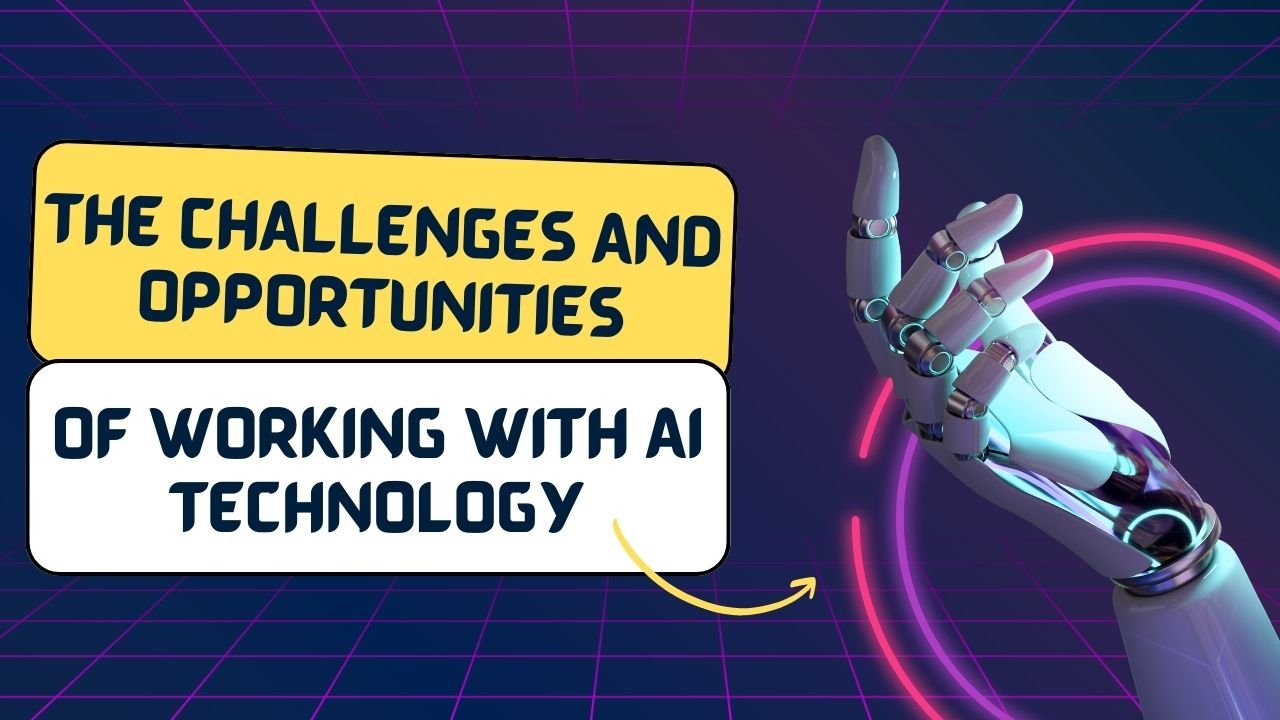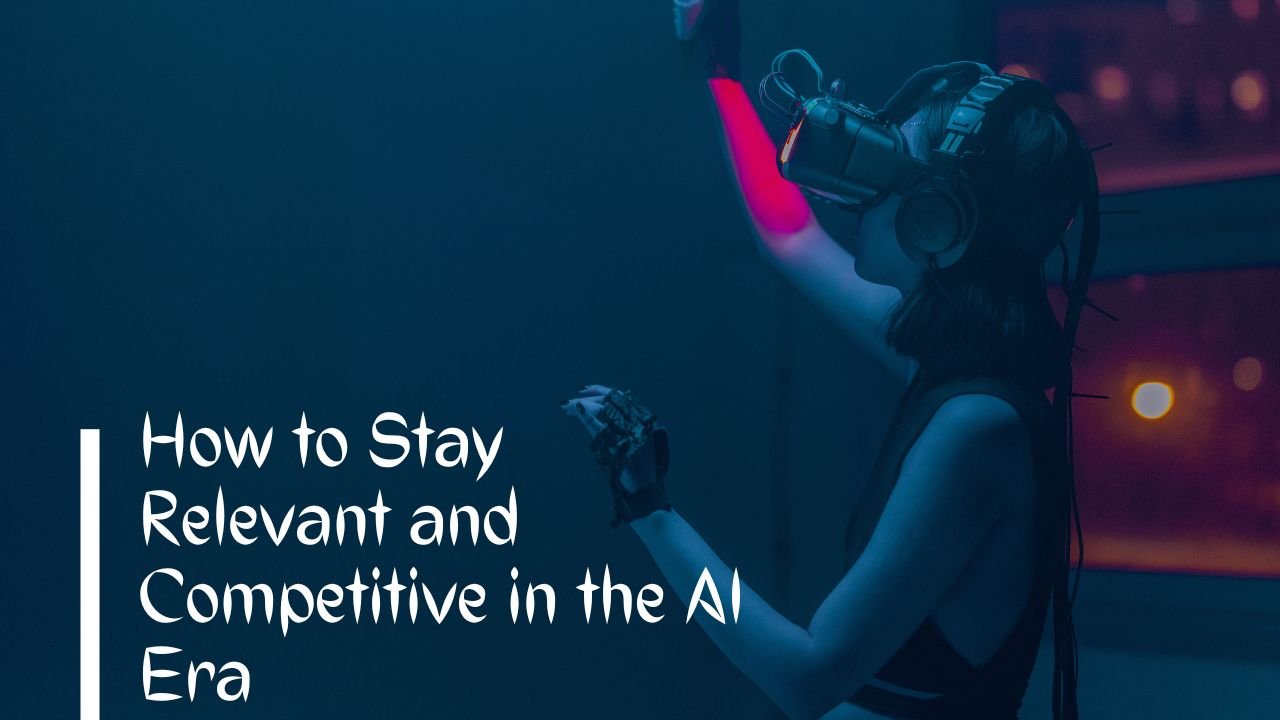Artificial intelligence (AI) technology is revolutionizing various industries and sectors, from healthcare and education to manufacturing and entertainment. AI technology can automate tasks, optimize processes, enhance decision-making, and create new products and services. However, working with AI technology also poses some challenges and opportunities for professionals, organizations, and society.
In this blog post, we will explore some of the main challenges and opportunities of working with AI technology, and how to overcome or leverage them.
Challenges of Working with AI Technology
- Data quality and availability: AI technology relies on large amounts of data to learn, train, and perform. However, data can be scarce, incomplete, inaccurate, outdated, or biased, affecting the quality and reliability of AI outputs. Moreover, data can be subject to privacy, security, and ethical issues, limiting its access and use.
- Skills gap and talent shortage: AI technology requires a combination of technical, analytical, and domain-specific skills to develop, deploy, and maintain. However, there is a shortage of qualified and experienced AI professionals in the market, creating a skills gap and a talent crunch. Moreover, existing professionals need to constantly update their skills and knowledge to keep up with the fast-paced and dynamic nature of AI technology.
- Ethical and social implications: AI technology can have significant ethical and social implications for individuals, communities, and society. For example, AI technology can create or exacerbate biases, discrimination, inequality, or injustice. It can also raise questions about accountability, transparency, explainability, trustworthiness, or human dignity. Moreover, AI technology can disrupt or displace existing jobs, roles, or industries.
Opportunities of Working with AI Technology
- Innovation and growth: AI technology can enable innovation and growth by creating new products, services, markets, or business models. For example, AI technology can enable personalized recommendations, smart assistants, autonomous vehicles, or digital platforms. Moreover, AI technology can enhance productivity, efficiency, and profitability by automating tasks, optimizing processes, and improving decision-making.
- Learning and development: AI technology can facilitate learning and development by providing access to information, knowledge, and insights. For example, AI technology can enable online courses, adaptive learning, or knowledge graphs. Moreover, AI technology can support skill development, career advancement, or lifelong learning by providing feedback, guidance, or coaching.
- Social and environmental impact: AI technology can have a positive social and environmental impact by addressing some of the most pressing challenges and opportunities of our time. For example, AI technology can help improve health care, education, or social justice. It can also help advance environmental sustainability, climate action, or disaster response.
Conclusion
AI technology is a powerful tool that can transform various aspects of our work and life. However, it also comes with some challenges and opportunities that we need to be aware of and prepared for. By understanding and addressing the challenges, and embracing and leveraging the opportunities, we can work with AI technology in a responsible, ethical, and beneficial way.




